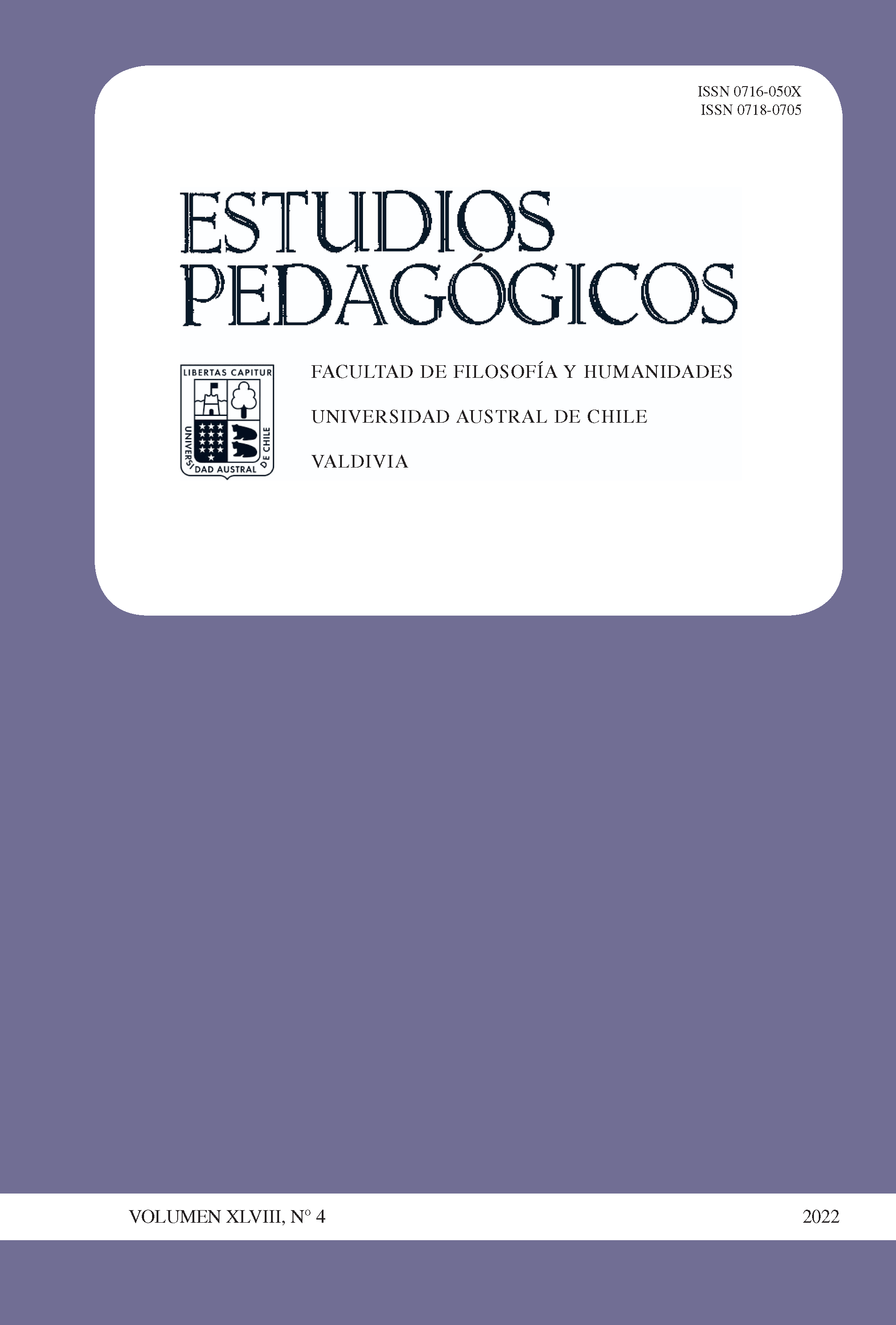Participation, citizenship and inclusive education: possibilities to think of the student as a political subject
Main Article Content
Abstract
The persistence of a neoliberal and adult-centered educational vision affects student participation in school and therefore the possibility of understanding students as political subjects in contexts of inclusion. In the framework of a case study with an ethnographic approach, we tried to understand student participation in schools with more and less developed inclusive school cultures. The main results indicate that the school with a high inclusive culture has greater organizational spaces for students to get involved in school decisions, while in the school with a low inclusive culture, students only participate in protocolized spaces. Despite the differences, in both schools a peripheral student participation predominates, little transformative and devoid of political action. However, it emerges as a finding that students elaborate their own spaces for participation, constructing political and citizenship discourses from their ways of understanding the world.

